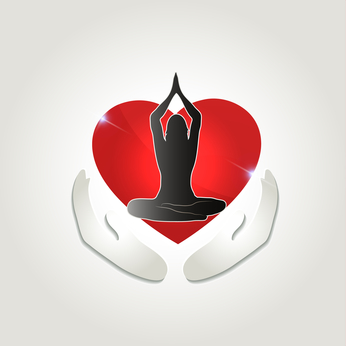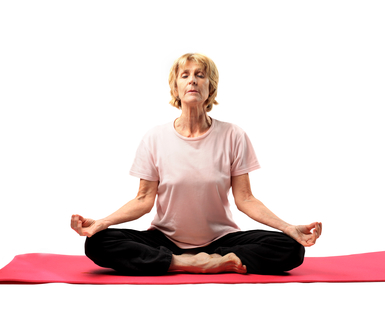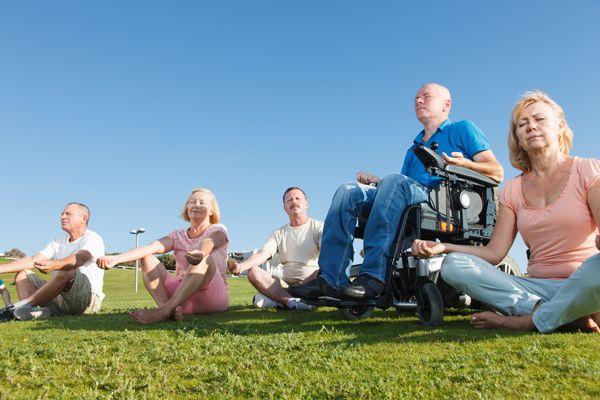Yoga for Mental Health
Since yoga has been found to help those with diseases and illnesses like Alzheimers, Arthritis, it’s a given that it can help ease mental health issues and disorders. A new review on the health benefits of yoga, published in Frontiers in Psychiatry, with help from researchers at Duke University School of Medicine, found that yoga could be a promising treatment for some mental illnesses.

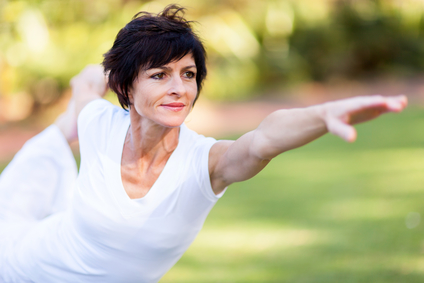
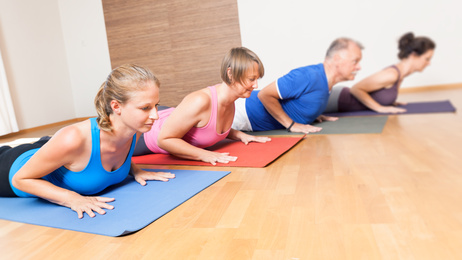
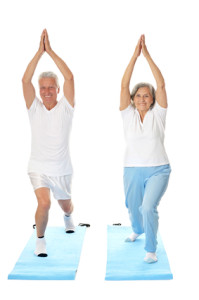 gentle yoga practice is an ideal type of movement for sufferers of arthritis because of the mindful nature of the practice. An estimated 46 million Americans suffer from at least one of the more than on hundred types of arthritis with two most common types being osteoarthritis and rheumatoid arthritis. Movement is essential for those afflicted with arthritis, but doing too much activity may result in more pain. Often, those afflicted with arthritis tend to be more de-conditioned, perhaps avoiding movement because it results in more pain.
gentle yoga practice is an ideal type of movement for sufferers of arthritis because of the mindful nature of the practice. An estimated 46 million Americans suffer from at least one of the more than on hundred types of arthritis with two most common types being osteoarthritis and rheumatoid arthritis. Movement is essential for those afflicted with arthritis, but doing too much activity may result in more pain. Often, those afflicted with arthritis tend to be more de-conditioned, perhaps avoiding movement because it results in more pain. 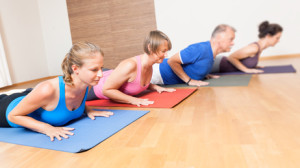 As with any new activity, consult your physician before starting a yoga practice. There may be certain limitations that your doctor may tell you about depending on your medical history. There are many types of yoga practices, not all of them appropriate for arthritis sufferers, so look for an instructor that has been trained in a more gentle or therapeutic style and also that has experience winking with people with arthritis. It may only take as little as 5 minutes a day to begin to see positive results! A well trained therapeutically oriented instructor will be able to guide you into a practice that fits your needs and adjust it along the way as needed.
As with any new activity, consult your physician before starting a yoga practice. There may be certain limitations that your doctor may tell you about depending on your medical history. There are many types of yoga practices, not all of them appropriate for arthritis sufferers, so look for an instructor that has been trained in a more gentle or therapeutic style and also that has experience winking with people with arthritis. It may only take as little as 5 minutes a day to begin to see positive results! A well trained therapeutically oriented instructor will be able to guide you into a practice that fits your needs and adjust it along the way as needed.